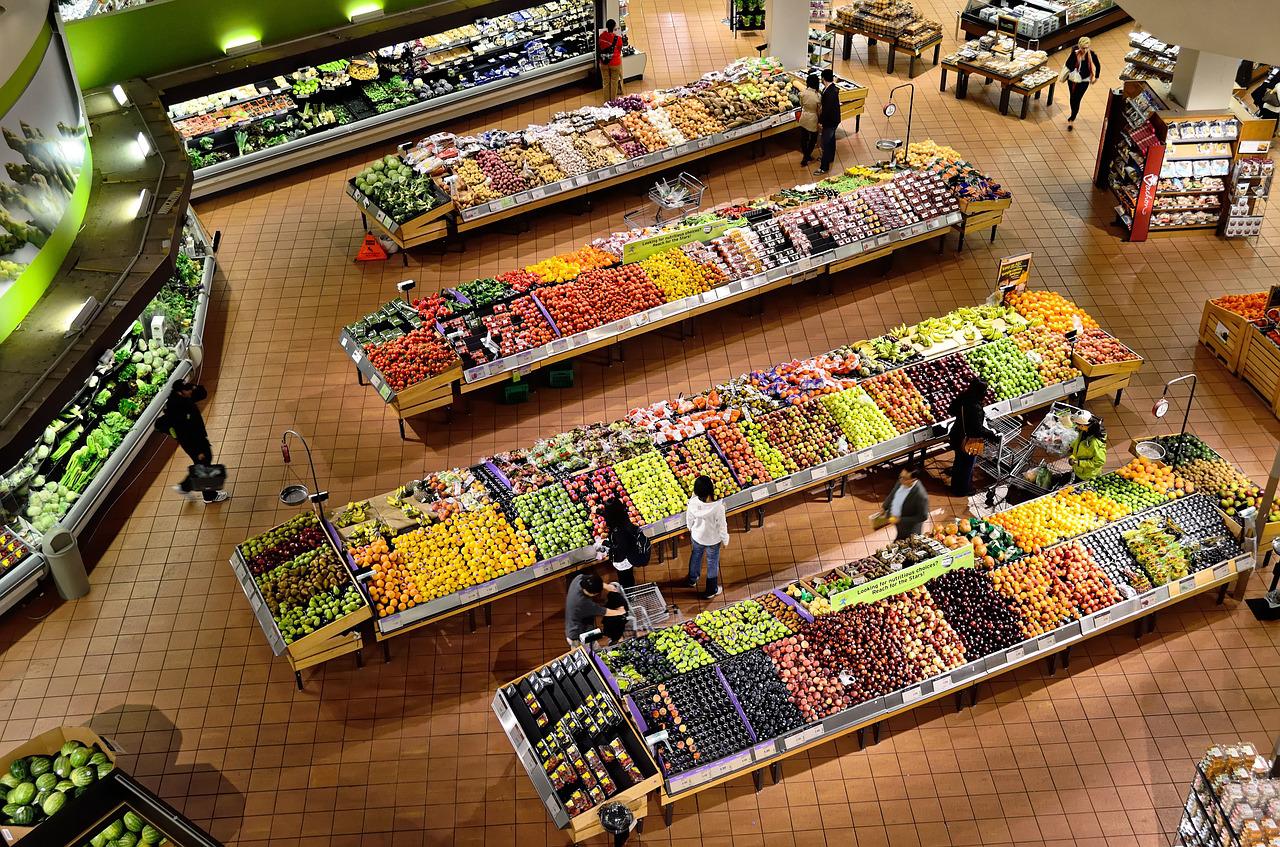
During the annual meeting of the EU project Eat2Benice, Hans van de Velde, vice-president of ADHD-Europe, talked about the challenges for people with ADHD to eat healthy. We all know that we should eat healthy. But putting this knowledge into practice is often very difficult. And for individuals with ADHD this might be extra difficult, due to the symptoms of inattention, impulsivity and lower self-control. This is an appeal for scientists of how they can help individuals with ADHD to eat healthy
What are the ADHD-challenges to eat healthy?
Here are some examples from the ADHD community:
- People with ADHD may have trouble noticing physical signals in time, like the feeling of having a full stomach. They are in general less aware of what is happening inside – and outside their body.
- In certain situations they can’t wait for healthy food, when unhealthy food is available. For instance, when walking in the city centre they are tempted more than others to eat “fast food”; fatty and salty food or sweet with lots of quick sugars.
- Not remembering food advice at the right moment and at the right place. People with ADHD may not recall healthy food advice at the moment of shopping, cooking and eating. To give a simple example: It’s well known that drinking a full glass of water before dinner helps you to eat less, but at this moment before dinner this information often doesn’t pop-up in their mind. To change your diet to healthy eating, you need to develop new habits (and unlearn old habits). However, lower awareness of what’s going on inside and outside of your body also hinders the formation of memory. At least it takes more time and energy to become aware of cues in your environment. So people with ADHD need to have “louder” cues to help them learn and form new habits. For instance, someone with ADHD may get the advice to put the morning medication in a bright red cup in the kitchen where you make breakfast. This visual cue (the bright red cup) can help you to remember to take your medication. But how would that work in the supermarket?
- Following instructions, like in a manual, is also more difficult for people with ADHD compared to neurotypicals. This makes cooking from a (healthy) recipe challenging, but also following a grocery list in the supermarket. The “read – remember – do” sequence is hindered by their working memory, which is also linked to attention and vigilance. We know that medication can help increase vigilance; so, it would be rational to presume that medication may help for healthier eating.
So, what can scientists do? What can we, the associations for ADHD, do?
- Avoid complex, long instructions. Make it short and to the point. To Eat2beNICE we therefore recommend creating short and simple recipe videos.
- About the pop-up at the right moment + place: Science should find ways to create these new mental connections. This is about learning and unlearning in ADHD. E.g. how to connect in their mind the advice to eat “whole grain & slow sugars” to their buying and cooking behaviour. I would suggest to visualise the whole scenario step by step from recipe, via shopping list to supermarket and cooking in the kitchen, in every video. People with ADHD don’t make the ‘script’ automatically; they need more explicit, visual support to memorise a step by step process to come to the best result in any task.
- In the future collaboration with the supermarket delivery Apps would be a very effective solution. From now on our buzz-word could be “Personalised Shopping”. Mon 25 April 22 there was scientific news fromUniversity of Reading, that supports this idea. It says: “Automated nutrition App can help people follow healthier diet. People could benefit from fully automated personal nutritional advice” (Journal of Medical Internet Research, 25-04-2022 University of Reading, Dr. Roz Fallaize c.s.) JMIR apr22 or in Science Daily
- In collaboration between scientists, ADHD-Europe and professionals we could create a training in how to incorporate healthy food information in all interventions for ADHD, aiming on ADHD-coaches, dieticians, psychiatrists and psychologists.
- An important thing to remember: What works for people with ADHD, will also be good for neurotypicals. We are the test-group for scientists!
For more information about ADHD advocacy in Europe, visit www.ADHDeurope.eu
